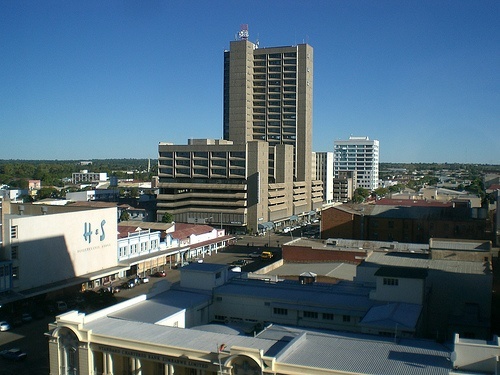
BULAWAYO will on Monday start rationing water to five days a week as water levels at the city’s supply dams continue to dwindle.
BY STAFF REPORTER
Council warned in a notice that the water supply situation continued to deteriorate following a poor rain season.
“The City of Bulawayo would like to advise residents that the city will be introducing the 120-hour water rationing programme with effect from Monday, April 27, 2020,” the local authority said.
Residents will endure a dry weekend after council on Thursday stopped supplying residential areas to replenish its reservoirs for purified water.
“Council would like to advise that there will be an emergency intermittent supply of water across the city except for industry and the central business district until Sunday in a bid to balance the system,” council added.
“This is due to the very high water consumption experienced city wide from Tuesday to Wednesday averaging 150 megalitres against the system of 90 megalitres
“The system will, therefore, with immediate effect be closed to allow for the recovery of critical reservoirs.”
- Chamisa under fire over US$120K donation
- Mavhunga puts DeMbare into Chibuku quarterfinals
- Pension funds bet on Cabora Bassa oilfields
- Councils defy govt fire tender directive
Keep Reading
A fortnight ago, the city introduced an 108 hour rationing schedule at a time the country is battling the spread of the coronavirus as water levels at the main supply dams dropped drastically.
In February, the local authority increased the water rationing period from 48 to 72%.
In a report tabled at recent full council meeting, Mguni said the city’s supply dams were at 31, 73% full.
Umzingwane and Upper Ncema dams have since been decommissioned while Lower Ncema will run dry next month, according to council’s projections.
Council said a declaration of the city as a water shortage area will help it to mobilise support to explore other sources of the commodity such a boreholes.
Bulawayo has been battling perennial water shortage for decades and the government has done little to invest in alternative sources with the Matabeleland Zambezi Water Project mooted in 1912 still to take off.











